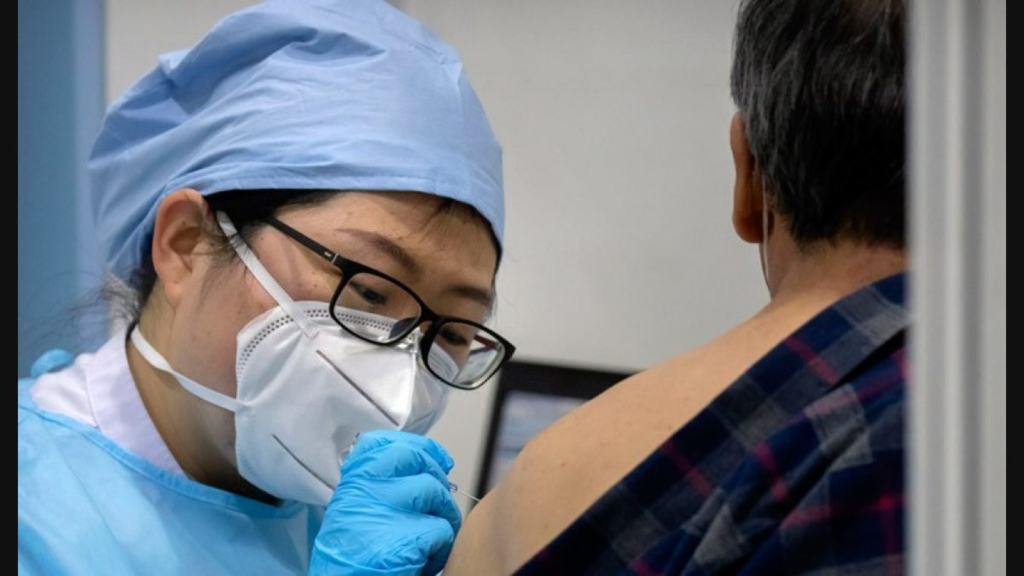A deadly disease caused by a rare “flesh-eating bacteria” is fast spreading in Japan, especially in Tokyo, following the easing of COVID-19 restrictions.
Known as streptococcal toxic shock syndrome (STSS), this aggressive illness can lead to death within 48 hours of infection.
By June 2, 2024, Japan had reported 977 cases of STSS, surpassing last year’s total of 941 cases, according to the National Institute of Infectious Diseases.

Tokyo alone recorded 145 cases in the first half of the year, with a death rate around 30%. Adults over 30 years old are primarily affected.
STSS is caused by certain strains of Group A Streptococcus bacteria, which usually cause minor infections like strep throat in children but can escalate to severe symptoms including limb swelling, fever, and organ failure.
The disease progresses rapidly, often leading to necrosis and respiratory distress.
Experts warn that STSS cases may continue to rise, reaching 2,500 this year in Japan alone, with a mortality rate that remains alarming at 30%.
The World Health Organisation has noted similar increases in Europe after COVID-19 restrictions were lifted, underlining the urgency of addressing this growing health threat.


